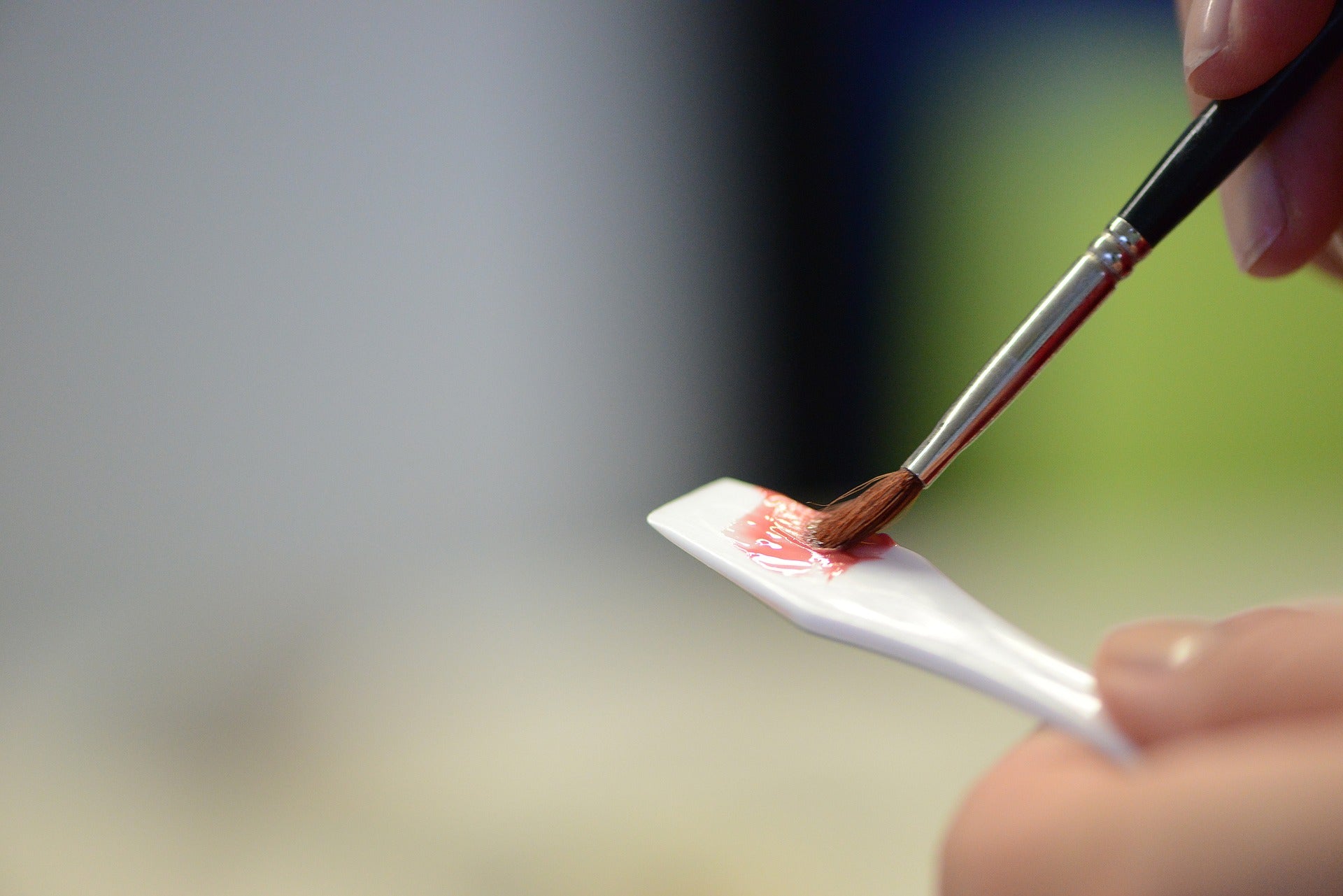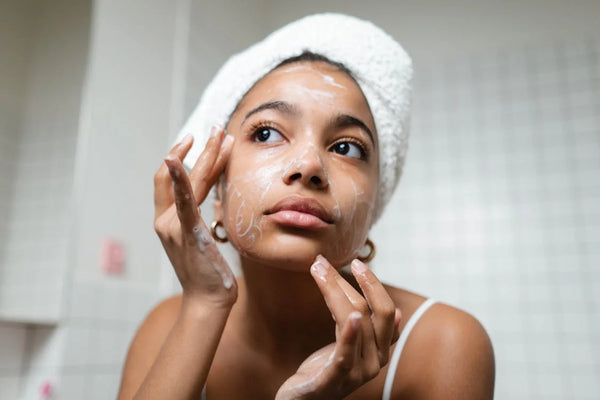5 Reasons to Clean Your Makeup Brushes and How to Clean them.
May 28, 2020

Brushes should be cleaned two to four times per month. Synthetic brushes should be washed more often than natural hair brushes.
The five most important reasons to clean your makeup brushes:
-
Smooth and flawless, non-streak makeup application.
Clean brushes provide the flawless finish of professional makeup artists. Build up on the brush drags across the skin and leaves a rough, streaky finish. Residual makeup on brush also can change the shade of the makeup.
-
Bacterial growth on brushes.
Brushes are often thrown into drawers or pouches where the environment allows bacteria and dirt to grow and thrive.
-
Contamination of your makeup.
Unclean brushes collect bacteria and dirt. If contaminated brushes are dipped into your makeup, it can easily take residence and be transferred to your skin with every use.
-
Skin irritation.
When brushes accumulate excess makeup, dust, and bacteria, it can cause irritation of skin, clog pores, cause breakouts, or exacerbate existing acne or rosacea.
-
Longevity of brushes.
A good brush is an investment. Keep brushes clean to maintain their quality, remove loose hairs, and maintain the softness that provides a smooth application. Natural hair brushes should be washed because, like your own hair, they are more likely to absorb oils. With synthetic brushes, those oils just sit on the surface which means you must wash them more frequently.
How to Clean Makeup Brushes
- Wash brushes two to four times per month. Synthetic brushes need to be washed more often than natural brushes.
- Brushes can be cleaned with shampoo or a gentle bar soap.
- Gently work the soap into and through all the bristles, going in different directions to cover all sides of the bristles.
- Run brush under lukewarm water, trying to keep water on bristles and avoiding the ferrule and handle as much as possible. (Constant soaking of these components of the brush can cause them to loosen, as well as loosening the bristles.) Rinse bristles under running water, moving soap out of brush with your fingers. Repeat until water runs clear. Gently press bristles together to remove all water.
- Natural bristles benefit from hair conditioner worked through the hairs with subsequent rinsing. This helps keep hairs from drying out.
- Use your fingers to shape brush.
-
Proper drying is critical for maintaining longevity. The key is to direct water down towards bristle and not into the handles. NEVER DRY UPRIGHT! No drying by standing brushes up in a glass.
Correct method: Lay a folded towel flat. Roll top edge inward. Rest handle of brush so brush heads are angled downward and gravity can direct water toward bristles to be absorbed by towel. If possible, lay angled brushes with bristles hanging over edge of counter to dry.
Leave a comment
Comments will be approved before showing up.
Also in Abbey St Clare Blog

April 08, 2024
As we slog through the last of the cold, dry winter months, let’s take a moment to be thankful that soon we’ll all be able to say goodbye to the days of staticky hair, dry, itchy skin, windburned cheeks, and that enormous container of moisturizer we have to bring everywhere, so our skin doesn’t crack and itch while we’re outside.
Continue Reading

March 08, 2024
When life gets busy, self-care often falls by the wayside—from diet and exercise to good skin care habits. There seems to be a more pervasive attitude that caring for yourself, physically and mentally, is less of a priority than working, caring for others, managing a household, and so on.
Continue Reading

February 06, 2024
It’s that time of year again when respiratory viruses are hitting almost everyone in some way. If you and your family are experiencing the flu, COVID, or RSV, it’s important to understand each of these viruses and their symptoms.
Continue Reading


